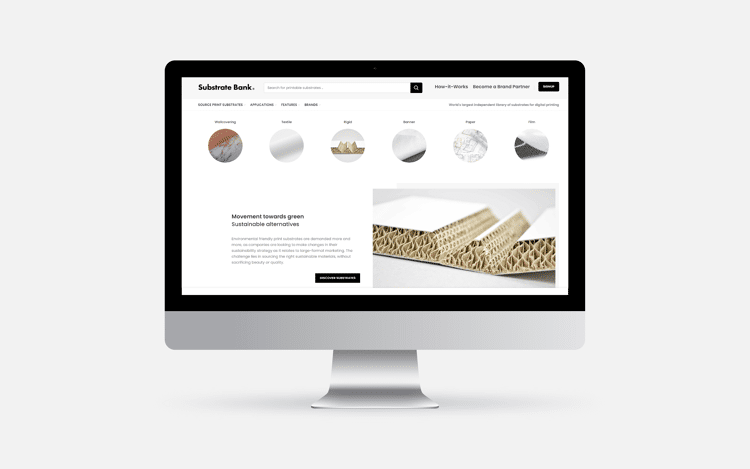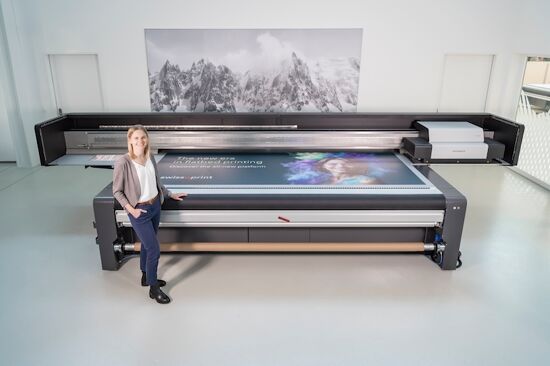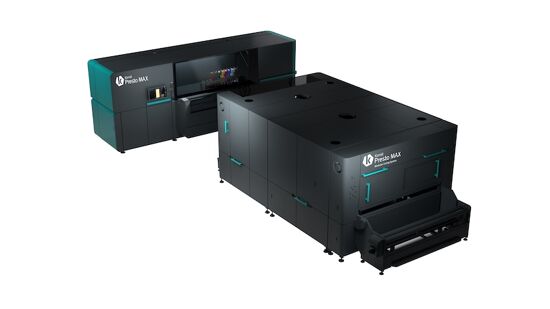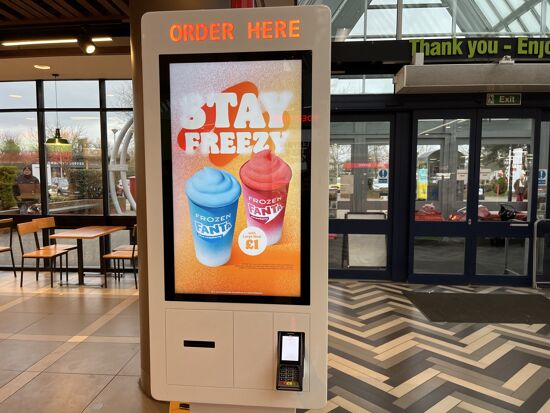Substrate Bank, the new digital tool to source print substrates

DIPA Global B.V. announced the launch of its online platform of substrates for digital printing, Substrate Bank.
Substrate Bank brings together print media manufacturers and their products on a B2B industry platform which makes the sourcing and specifying of substrates easy, fast and transparent.
Substrate Bank takes into account the intended usage to find and source products in a digital way.
Marco Stevens, Sales & Marketing Director of DIPA Global B.V. comments:
“We see the lines between industry verticals blurring as a result of technological developments and the typical entry barriers to digital print disappearing. This requires a modern strategy to connect with potential customers”.
Users of the platform can easily source print substrates with the use of industry-specific search criteria, giving users the ability to filter around multiple parameters to find a selection of desired substrates in a few minutes instead of browsing through multiple company websites. After registration, users are able to connect with manufacturers directly whereby they can request samples, ask for directions to the nearest distributor, ask about print settings, technical datasheets, and more.
“Material specifiers from global brands and retailers have complex responsibilities. As campaign creators they need trusted product information from reliable sources - for example on environmental aspects and sustainability. These sources are shifting more towards information available online” says Stevens.
Substrate Bank strives for more transparency by bringing key information on brands online in one place. Creating a reliable resource for professionals from different industries to select print materials and discover new brands.
In the initial phase, the platform has already welcomed leading industry brands - Contra Vision, Xanita, DESARDI, Digital Magnetics, Neenah, Dreamscape wallcovering and Re-board Technology. In the next phase, more manufacturers are set to join.
Visit here to find out more.
Topics
Interested in joining our community?
Enquire today about joining your local FESPA Association or FESPA Direct
Recent news

The importance of ink for large format printers
Ink is crucial for large format inkjet printers, influencing substrate compatibility, productivity, and cost. Nessan Cleary discusses the three main types which include UV-curable ink, latex ink and eco-solvent ink. Each ink type has specific strengths and weaknesses, making printers choice dependent on budget and intended applications.

What are the benefits of Direct-To-Fabric printing?
Direct-to-fabric printing is gaining popularity for high-volume textile production, enabling on-demand, customized short runs. These printers offer ink flexibility, accommodating various fabric types like cotton and silk, though ink development focuses on faster turnaround by reducing pre- and post-processing. Compared to traditional methods, direct-to-fabric inkjet printing is a more sustainable option due to reduced water and chemical usage, and localized production.

What are the opportunities for large format providers regarding digital touch screens?
Digital touchscreens are becoming increasingly common, offering businesses opportunities to improve customer engagement and streamline operations. Nessan Cleary shares, while more expensive to implement than standard digital displays due to complex software and integration needs, touchscreens provide self-service options, multilingual support, and can reduce staffing costs in various settings like retail, transportation, and healthcare.
